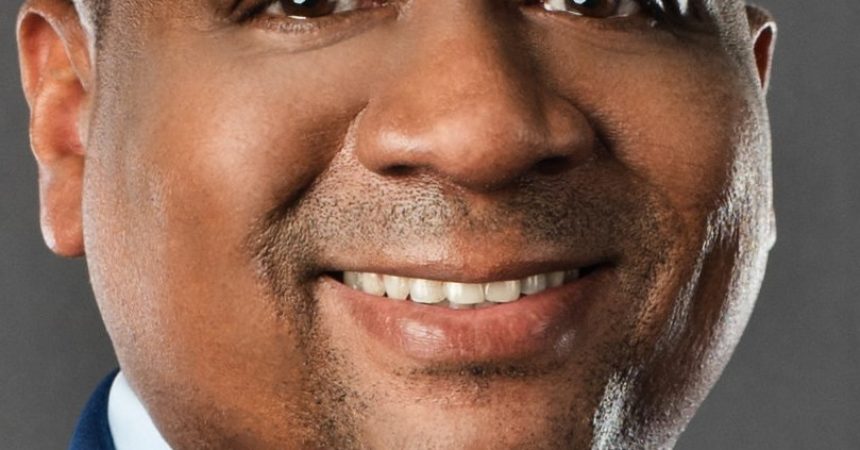
Colorblind COVID should open our eyes to racial disparities
 Sean Pittman
Sean Pittman
The novel coronavirus has given Black Americans something we don’t need – another stereotype. Suspicions of black people because of false and ignorant beliefs are bad enough, but now we face a pandemic that has disproportionately impacted us.
Of the 600,000 individuals hospitalized by coronavirus nationwide, one third of them are Black. America’s big cities are home to troubling statistics that show Black Americans are dying from coronavirus at higher rates than other demographics. In Chicago, Black residents make up 72 percent of COVID-19 deaths. In Milwaukee, the number jumps to 81 percent, and Florida isn’t immune to these trends. An Orlando Sentinel analysis shows 24 percent of the coronavirus deaths in Miami Dade County are within the Black community – where the Black population is only 18 percent.
Stereotyping Black people in the coronavirus era is ridiculous and counterproductive. Let’s get this straight; Black people are not any more susceptible to the virus than any other ethnic and racial group. False beliefs can’t explain the racial implications of the virus, but inter-generational racial disparities in American society can.
Since its beginnings, America has grown comfortable ignoring the ills of segregated minority communities. While the majority remained unaffected, minorities remained unassisted. COVID-19 has changed that. Its impact on vulnerable, ignored populations affects everyone. Why are Black Americans so heavily impacted by the virus? It boils down to four things: ‘how Black Americans feel,’ ‘what we do,’ ‘where we live,’ and ‘what we know.’
How does Black America feel? With less access to healthcare and higher rates of underlying health conditions – not well. Black Americans disproportionately suffer from diabetes, heart disease, hypertension and lung disease – ailments that weaken the body and allow a virus like COVID-19 to wreak havoc. Yet, calls to expand access to healthcare have fallen on deaf ears of elected leaders in some states across the country and the White House itself.
Second, Black Americans tend to be overrepresented in low-paying jobs where social distancing is difficult. Their jobs demand close contact with all types of people, increasing the risk of infection. Bus drivers, cashiers, home health aides, mail carriers, restaurant servers — society relies on these ‘essential’ services, but without precautions, these jobs easily enable transmission of the novel coronavirus.
Sheltering in place can be problematic in the substandard housing that many Black Americans call home. Asthma and other respiratory infections thrive in poor housing conditions, and these maladies put residents at greater risk of dying from coronavirus. Finally, inaccurate information, whether informally from neighbors or mixed messages from elected officials, can produce deadly results. Science must determine how we proceed, but ignorance, politics, and the alternate facts that often come with each, keep getting in the way.
COVID-19 is far from a ‘Black-only’ problem. To better deal with this and future pandemics, we must end the systemic discrimination that keeps Black Americans, other minorities, and poor Whites susceptible to ailments dragging down American society. Expanding access to healthcare, improving education, and job training are basic essential. Paying higher wages and banning redlining lending practices to allow for better housing options will help, too. Novel Coronavirus doesn’t discriminate. Neither should we.
Sean Pittman is the senior partner of Pittman Law Group, a Tallahassee-based law firm with statewide operations that specializes in government, administrative and corporate law.







